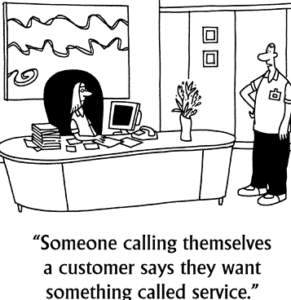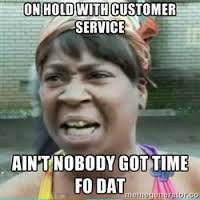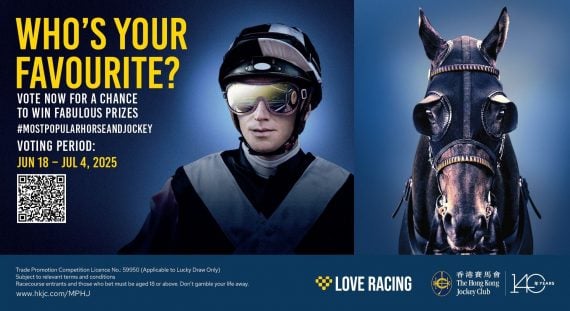 Over the last couple of months more and more articles in Sporting Post as well as discussions in a few racing forums like African Betting Clan have suggested that the current racing model needs an overhaul, writes Leon Smuts.
Over the last couple of months more and more articles in Sporting Post as well as discussions in a few racing forums like African Betting Clan have suggested that the current racing model needs an overhaul, writes Leon Smuts.
Phumelela has come in for a lot of criticism, some justified and some perhaps less so as many of our industry’s problems are related to funding constrictions caused by a lack of new customer growth and costly infrastructure that needs to be maintained.
This problem will not fix itself and the challenges will mount as the customer base declines further in the coming years. Phumelela needs to be complemented on their diversification efforts which are going really well and a lot of this success has been ploughed back into racing.
Unfortunately these funds are not going towards expanding the game or improving the existing customers experience but is in fact subsidising a serious shortfall in racing revenue. As a listed corporate with a responsibility towards shareholders, as well as having to look after their employee’s future, it leaves the operator the unenviable task of trying to keep everyone happy on a shoestring racing budget.
It is clear that this situation cannot continue indefinitely and that something has to give at some point with racing clearly being the most likely casualty when the time comes. As a passionate racing supporter this is very worrying and racing is one of a shrinking number of labour intensive industries which our country desperately needs.
 The wellbeing of racing should in fact be declared a national priority that needs a combined effort from all the different stakeholders to secure its future.
The wellbeing of racing should in fact be declared a national priority that needs a combined effort from all the different stakeholders to secure its future.
In a previous article I have asked if racing is busy dying but if you speak to a younger generation it alarmingly appears that it’s already dead as far as they are concerned. This situation has worried me enough to get involved by trying to find solutions for racings lack of popularity amongst the population at large. I don’t earn my living from racing, but love the game and it is a cause that is worthy of support and a commitment to try and sway the thinking of racing’s administrators.
Speaking about the need for change without offering a solution or suggestions is not worth anything which is why a revised model is highlighted below.
Phumelela needs to consider focussing on three areas independently:
– Traditional racing model
– Diversified operations
– Racing development
TRADITIONAL RACING MODEL
 The current model relies heavily on churn and extracting the maximum out of the existing customer base. This area has suitable products, old and new, and efficient distribution channels and would not require any immediate major changes. The company has no shortage of high quality, experienced people in this area of the business and it would thus not require a substantial additional budget.
The current model relies heavily on churn and extracting the maximum out of the existing customer base. This area has suitable products, old and new, and efficient distribution channels and would not require any immediate major changes. The company has no shortage of high quality, experienced people in this area of the business and it would thus not require a substantial additional budget.
Improvements in this area needs to be in terms of addressing service levels to existing customers and making sure that there is transparency and interaction in handling complaints and customer issues. How staff treats customers and being accessible and friendly should be a priority to ensure that existing customers are happy and that it would lead to individual players becoming brand ambassadors for the sport.
Moving the majority of these customers away from telephone betting and over the counter services and onto online and mobile should be a longer term objective to reduce costs and improve delivery.
DIVERSIFIED OPERATIONS
This area is undoubtedly the current success story and I don’t believe that my opinion will add any value to a winning recipe. What is needed is that these contributions should really boost company profits and not be a begrudged source of constant subsidisation for racing.
RACING DEVELOPMENT
This is the area that will benefit massively from a more focussed approach and where new people with new ideas are needed that can concentrate purely on finding racing growth solutions.
A ring fenced operation tasked with growing the customer and fan base is required with a separate budget and a clear objective of delivering measurable outcomes.
“Racing, it’s a Rush” should be part of this but it should be given some teeth to make a tangible difference. Back up the talk with a new range of products and a new marketing concept that can turn hype into action and results.
Equine X is a brand new marketing concept that will provide racing with something completely different to reach out with to a new generation of players, but will target the entire age spectrum and different genders, and most importantly, facilitate an enjoyable and entertaining racing education.
Delivery should utilise modern technology and social distribution channels and platforms to reach out to a more modern customer on familiar territory.
In my estimate casual players offer the most attractive and viable growth opportunity and as skills are acquired and improved over time many could be successfully migrated into the traditional offering.
The betting operator and the industry will be big beneficiaries of gains in this area in which racing has failed for much too long because of an antiquated model that severely limit the potential reach of our sport.
This division should ideally be reporting directly to Rian and the board as it is a strategically important area of the business and as such should not be limited by a restrictive reporting line.
 Nothing can be more important than returning racing to health, and sustainable gains in this area will put the operator and racing on a resounding new growth curve, with game changing long term benefits for the entire industry and all its players. It is only through substantial gains in customer numbers that funding of the sport will return to, positive self-sustaining territory, no longer causing a subsidisation drag on overall results.
Nothing can be more important than returning racing to health, and sustainable gains in this area will put the operator and racing on a resounding new growth curve, with game changing long term benefits for the entire industry and all its players. It is only through substantial gains in customer numbers that funding of the sport will return to, positive self-sustaining territory, no longer causing a subsidisation drag on overall results.
Phumelela could become the shining example of how a listed operator (as opposed to a successful charity driven protected monopoly like HKJC) can take the sport forward without the need for subsidisation and where a current obligation can be turned into an embraced opportunity.
The people tasked with this should not come from within the current structure, as no offence intended, they have not delivered anything meaningful as far as new customer growth is concerned in decades and are thus the most inappropriate channel to make decisions on new ideas and concepts.
Passionate people, who care only about racing and its long term future, should be employed to run with new growth projects and they should not be encumbered by day to day operational issues.
Racing can become a global success story again if operators were to show a real commitment to reach out to a new type of customer and where longer term projects are introduced as a foundation for sustainable future growth.









